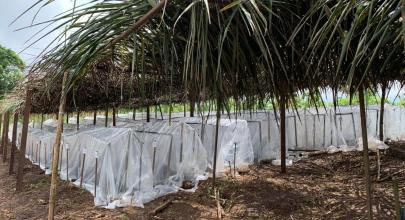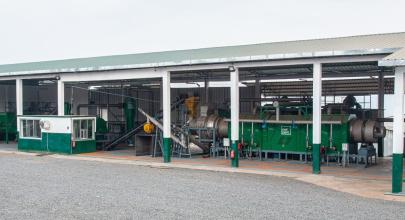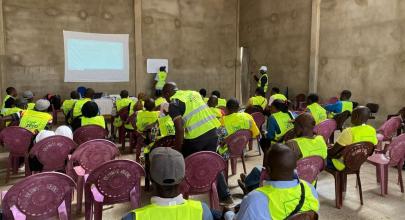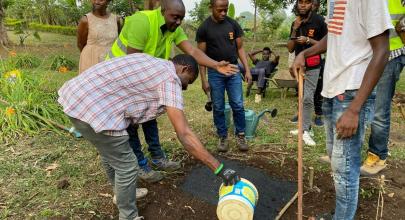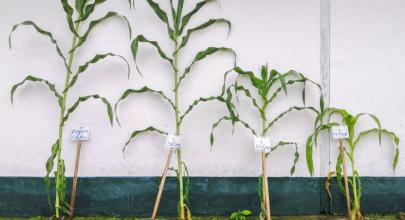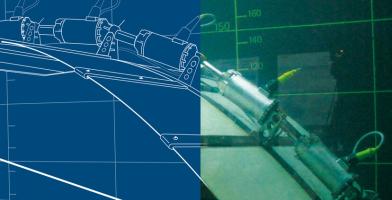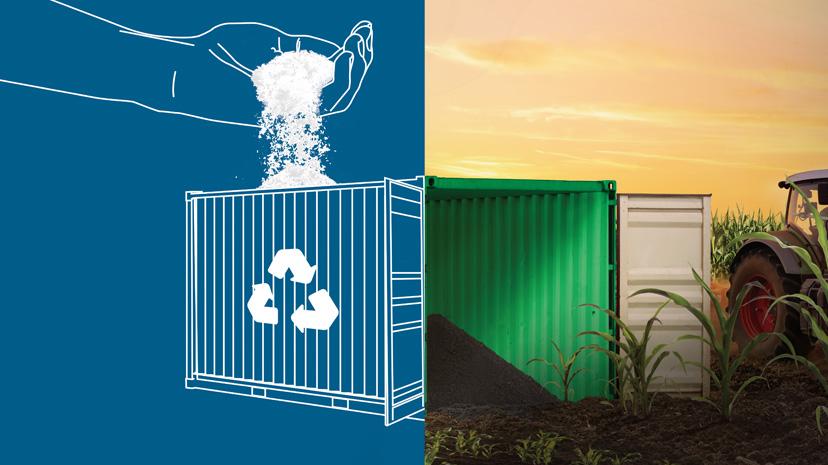

If we turn crop residues into biochar, can we scale both carbon removal and sustainable agriculture in the tropics?
NetZero aims to bring at scale the production and use of biochar in tropical developing countries, with the objective to massively remove carbon from the atmosphere while making agriculture more sustainable through improved soil quality and lower fertilizer use.
We bring at scale the production and use of biochar in tropical developing countries
BREAKTHROUGH IDEA
Biochar is essentially solid atmospheric carbon that we bury in the soil. It is produced through pyrolysis of agricultural residues. This process of heating at very high temperature in the absence of oxygen allows to extract the carbon contained in the biomass. Biochar has a very high stability (over centuries), allowing to durably store in soils carbon that was initially captured in the atmosphere by plants through photosynthesis. On top of carbon removal, biochar acts as a soil amendment, improving water and nutrient retention, correcting soil acidity and supporting the development of microbial life in soils. Using biochar in agriculture allows to reduce - and sometimes even eliminate - the need for fertilizers, while improving yields and crop resilience.
POSITIVE IMPACT ON THE SOCIETY
NetZero's model brings multiple positive impacts to local communities.
Biochar improves Farmers' standard of living through higher yields, lower expenses in fertilizers and higher selling prices.
NetZero’s production process generates extra renewable energy, which is converted into electricity, improving access to energy in rural areas.
Turning crop residues into biochar, rather than burning them or leaving them to rot in the fields, helps reduce air pollution and methane emissions.
Additionally, biochar allows to durably remove carbon from the atmosphere, helping fight climate change.
BENEFITS TO USE THE 3DEXPERIENCE PLATFORM
NetZero’s project has technology development at its core, with the aim to develop a containerized solution for pyrolysis of agricultural residues. This involves significant hardware development, requiring design (CATIA) and simulation (SIMULIA) capabilities.
Once designed, NetZero will need to industrialize the manufacturing of the equipment, leveraging DELMIA.
NetZero's production systems also rely on data capabilities (NETVIBES) for remote monitoring and optimization.
And, given the decentralized nature of its production system, NetZero will leverage the remote capabilities of the 3DEXPERIENCE platform (3DEXCITE and CentricPLM).
COLLABORATIVE & COLLECTIVE INTELLIGENCE
NetZero is collaborating with a broad range of institutions, in particular:
Universities, with two main focuses: first on agronomic research, to optimize the impact of biochar on a variety of crops and soils. NetZero has already signed several such partnerships with leading universities. Second on pyrolysis technology, to help improve the core processes as well as the product quality.
Players of the agri value chain: NetZero is forging partnerships to deploy its end-to-end model in a broad range of supply chains (coffee, cocoa, sugarcane, palm etc), in order to optimize yields and decarbonize crop production through lower use of fertilizers and carbon removal.
Industial corporations: NetZero is building partnerships with world-class industrial groups to industrialize its solution and support its roll-out at scale.
Companies with strong climate ambitions: NetZero has already established several long term partnerships with leading global companies willing to move rapidly to net-zero emissions. Such partnerships give these companies access to NetZero's high quality carbon removal credits to neutralize their GHG emissions.
Financial institutions: NetZero is partnering with such players to fund the production units and provide financing solutions to farmers buying the biochar, in order to facilitate the technology and product adoption by a broad range of potential users (cooperatives, large farms, etc.)
Meet the team
-
 Axel ReinaudGeneral Management
Axel ReinaudGeneral Management -
 Ricardo de FigueiredoIndustrial Excellence and ESG
Ricardo de FigueiredoIndustrial Excellence and ESG -
 Olivier ReinaudCarbon Credits
Olivier ReinaudCarbon Credits -
 Pauline DumonsBusiness Development
Pauline DumonsBusiness Development -
 Georges NaggearFinance
Georges NaggearFinance -
 Pedro de FigueiredoTechnology and Industrialisation
Pedro de FigueiredoTechnology and Industrialisation -
 Jean JouzelScience
Jean JouzelScience -
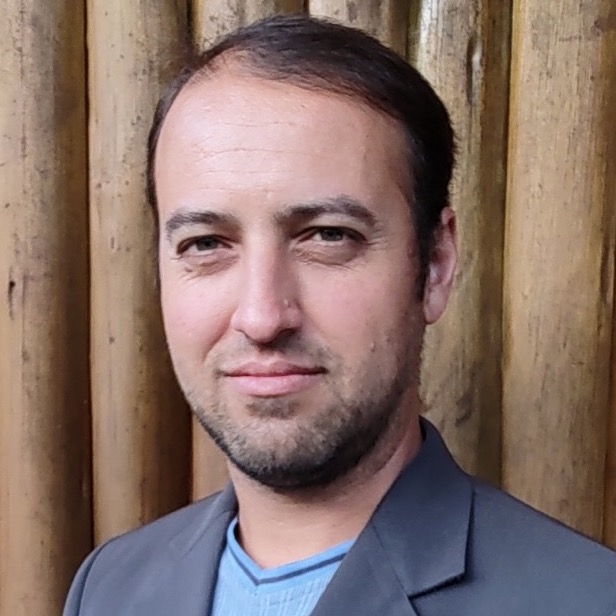 Osvane FariaR&D
Osvane FariaR&D -
 Aimé NjiakinOperations
Aimé NjiakinOperations
Similar projects

XtreeE: Additive Construction
IF WE use robot to 3Dprint your building, can we optimize your living space?
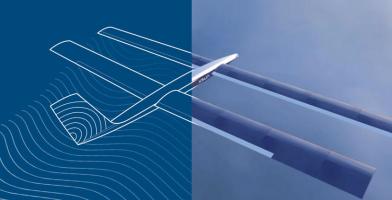
XSUN
If we survey the earth with a network of flying sensors, can we better optimize the human activity?

GYROLIFT
IF WE have an innovative mobility solution designed for all, can we get rid of wheelchair stigma?
Submit your project
Do you think your project is the next big thing?
Join the team !
